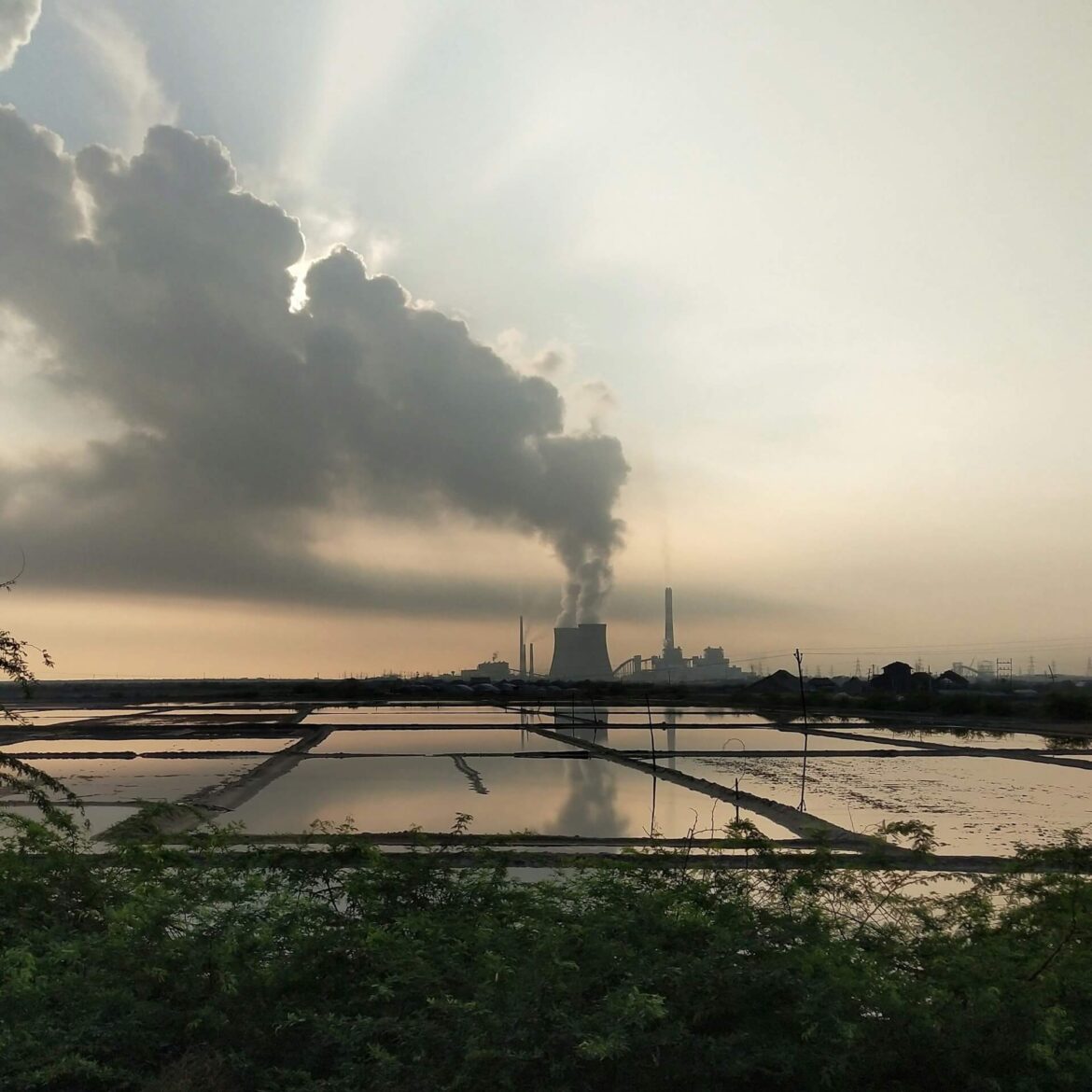In an increasingly climate-conscious global landscape, decarbonisation has emerged as a crucial prerequisite for countries like Bangladesh seeking foreign funding for their development projects. This pivotal shift, driven by international commitments like the Paris Agreement and the evolving priorities of major financial institutions, presents both significant challenges and transformative opportunities for the nation. Leading international financial bodies, including the Asian Development Bank (ADB), the World Bank Group (WBG), and the European Investment Bank (EIB), are progressively aligning their ‘Direct Investment Lending Operation’ (DILO) framework with environmental sustainability. This means that projects not actively contributing to emissions reduction or energy efficiency will increasingly face difficulties in securing international financing. Funding for fossil-fuel-based projects, particularly coal and oil, is expected to diminish, compelling countries to pivot towards greener alternatives. For Bangladesh, a nation highly vulnerable to the impacts of climate change despite its minimal contribution to global emissions, this paradigm shift presents a unique imperative. Embracing decarbonisation, while demanding substantial investment in green technologies like carbon capture and storage, offers a strategic pathway to a truly sustainable development trajectory. The country has proactively outlined its commitment in its revised Nationally Determined Contributions (NDCs) in August 2021, setting ambitious targets to cut Greenhouse Gas (GHG) emissions significantly by 2030, both unconditionally and conditionally. The transition, though requiring an estimated $175 billion by 2030 for emission reduction initiatives in addition to annual development funds, promises multiple long-term benefits. Successful decarbonisation can bolster energy security by reducing reliance on imported fossil fuels, shielding the economy from volatile global price shocks. It will lead to cleaner air, reduced pollution levels, and improved public health outcomes. Crucially, this transition is expected to spur innovation and entrepreneurship across new green sectors, including renewable energy, sustainable agriculture, and eco-tourism, creating new job opportunities and fostering economic diversification. To successfully navigate this global financial transformation, Bangladesh needs meticulous planning. This includes integrating comprehensive energy transition measures, investing significantly in capacity building across institutions, upskilling its workforce, and enhancing technical knowledge. Prioritizing research, innovation, and technical training for new green jobs will be vital. Policymakers are also tasked with designing inclusive transition strategies that incorporate social protection measures and retraining programs to ensure a just transition for all. By embracing decarbonisation as a strategic imperative, Bangladesh can unlock enhanced foreign funding opportunities and secure a resilient, sustainable, and prosperous future.
Decarbonisation: Bangladesh’s Gateway to Enhanced Foreign Funding and Sustainable Growth
44


